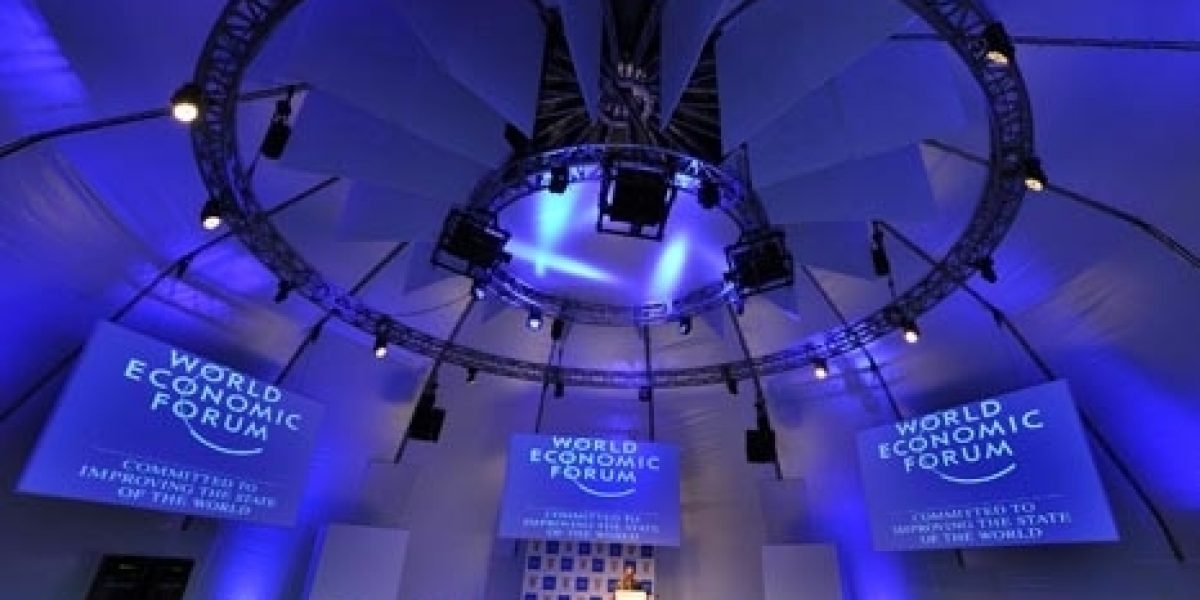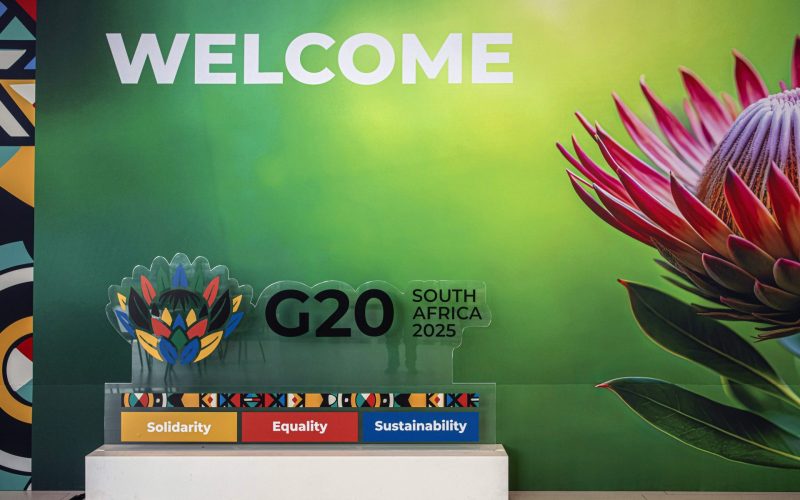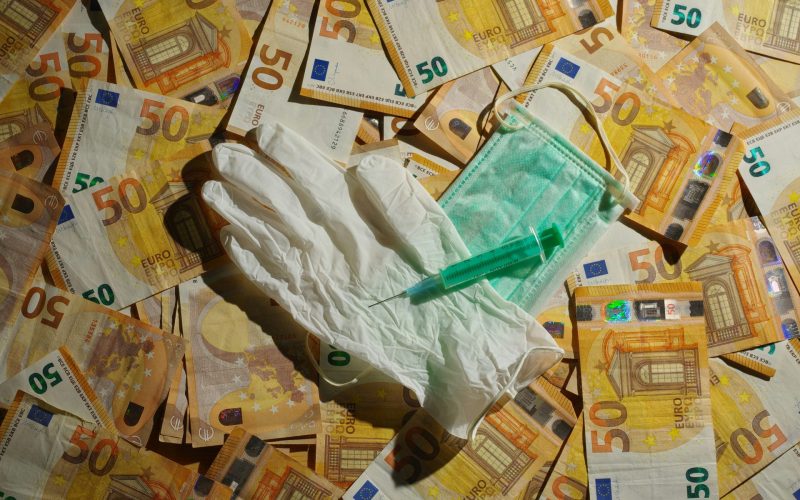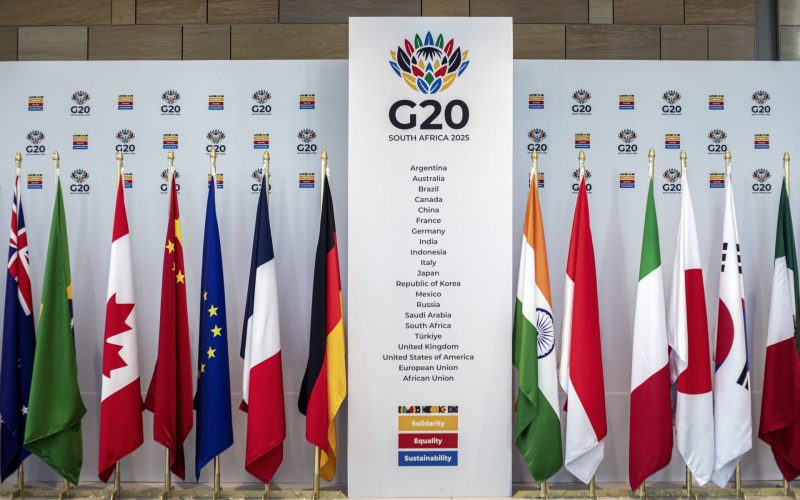The global agenda revolves around the major powers’ strategic postures. US politicians continue to edge away from their fiscal cliff while the economy grows, if anaemically. President Barack Obama is consolidating his “diplomacy first, shoot later” foreign policy thrust, whilst extricating the US from various Middle East quagmires and “pivoting” towards East Asia.
The new Chinese leadership has a host of domestic challenges to attend to. Most pressing is rebalancing the growth model away from export-led industrial development towards consumer-led sustainable growth. Beijing’s recent pollution travails sharpen this imperative and highlight rising domestic political legitimacy problems for the Chinese Communist Party. Demand for political reforms will steadily escalate and, partly in response, Beijing will become more bellicose in the region in order to deflect attention from domestic challenges.
Japan has just elected a nationalist leadership and, with US backing, is likely to resist, so regional tensions could grow appreciably. Therefore, the trickiest foreign policy problem Obama will have to deal with is China-Japan relations in the context of various island disputes. China’s exclusion from, and Japan’s probable accession to, the US-led Trans-Pacific Economic Partnership trade talks will feed these tensions.
On the external front, Europe’s major impetus will be to forge closer trade and investment ties with the US. A transatlantic partnership agreement has long been mooted, but looks close to receiving the political support necessary to get off the ground.
Internally, Europe will muddle through. The major economic crises have been contained for now and the threat of a disorderly breakup of the monetary union has been averted. Attention is now turning to the thorny question of how key member states such as the UK relate to the European project, or how regions within member states, such as Catalonia or Scotland, relate to their “parent” nations. France and Italy’s futures look increasingly cloudy; the latter is likely to be tested this year in the aftermath of national elections. So more fissures will emerge, but no major ruptures seem likely, partly because Germany is likely to consolidate its leadership of Europe in national elections in which Chancellor Angela Merkel is almost certain to be returned to power.
Given the huge pressure on the leaderships of the major powers to attend to domestic problems, and their external agendas being occupied with regional arrangements, it is likely that global economic co-ordination will continue to suffer from neglect.
No one wants to take responsibility for killing the Doha round of World Trade Organisation (WTO) trade negotiations, so it is likely to be kept on life support. While the WTO’s dispute-settlement mechanism, and the rules that underpin it, have largely contained trade protectionism, the stakes are rising and the number of disputes is escalating. Many of the new trade disputes in the WTO are climate-related. Climate change talks will stutter on and focus largely on establishing a successor regime to the Kyoto Protocol, which will take years.
The Group of 20 (G-20) does not have a major economic crisis to deal with, so unless one breaks out, talks will focus on technical issues concerning financial regulation, while thornier macroeconomic co-ordination discussions rumble on without resolution.
In this world of largely absent international leadership, South Africa must continue to participate in international economic diplomacy processes and influence them to the extent possible, using vehicles such as Brics grouping (Brazil, Russia, India, China and South Africa) where feasible. Despite substantial Brics scepticism in western analytical circles, Davos will offer some avenues for exploring the phenomenon and for Brics states to influence the agenda.
So there will be many strategic discussions in and on the margins of Davos. This, and the business meetings that proliferate in hotel rooms, make the networking at Davos worthwhile. Civil society activists may rail against this elite gathering, but the fact that attendance is so coveted speaks for itself.
The centrepiece of South Africa’s Davos sojourn must be branding. The western investor community, which is the dominant “species” in Davos, has more than its own share of problems, given its domestic challenges. This makes emerging markets such as South Africa much more attractive.
Can we capitalise on this potential?
Unfortunately, the chilly breeze that blows through the Swiss mountain resort at this time of year is an apt metaphor for South Africa’s standing in that community. The list of problems is long and growing: debilitating violent strikes; policy uncertainty in mining and farming; growing signs of investment protectionism — think Walmart, the repudiation of bilateral investment treaties with Europe, and an investment act working its way through the government; escalating trade protectionism — think chickens, pasta and clothing; and prickly government-business relations as seen in the Anglo American Platinum retrenchment saga. Rumbling ominously through it all are poverty, inequality and low, jobless economic growth.
Can Cyril Ramaphosa save us from the investor cold shoulder? Undoubtedly his boost into the top ranks of the African National Congress is positive for the business community, offering the prospect of elevated state-business relations. His association with the National Development Plan, which signals a more market-friendly approach to economic policy, reinforces business optimism.
But will Ramaphosa be his own man? He is beholden to the “Zuma slate” that swept the boards at Mangaung. If he strays too far into areas dear to the Zuma circle, retribution will follow — ask Kgalema Motlanthe. And he will need every ounce of his formidable negotiating talents for tripartite alliance politics. Consequently, “Davos man” really needs to probe Ramaphosa. Unfortunately, he will not attend — probably because the summit came too soon for him — so doubts will fester.
Yet Davos is not the only show for South Africa. On March 27, Durban will host the Brics summit. Brics has a growing, shared mood of opposition to various western designs for global governance. So Brics trade ministers will meet on the margins of Davos. Brics finance ministers already caucus on the margins of G-20 meetings, and this month Brics national security advisers met in Delhi.
These developments will tempt some to argue that South Africa no longer needs the West. That would be a mistake, as we need both. Fortunately, it is not on the cards as our trade and investment ties with the West are too deep for us to turn our backs completely. Happily, the government has grasped that nettle and will send a strong delegation to Davos, as usual.
Given the storm clouds gathering over South Africa, I wish them luck in rebranding South Africa.







